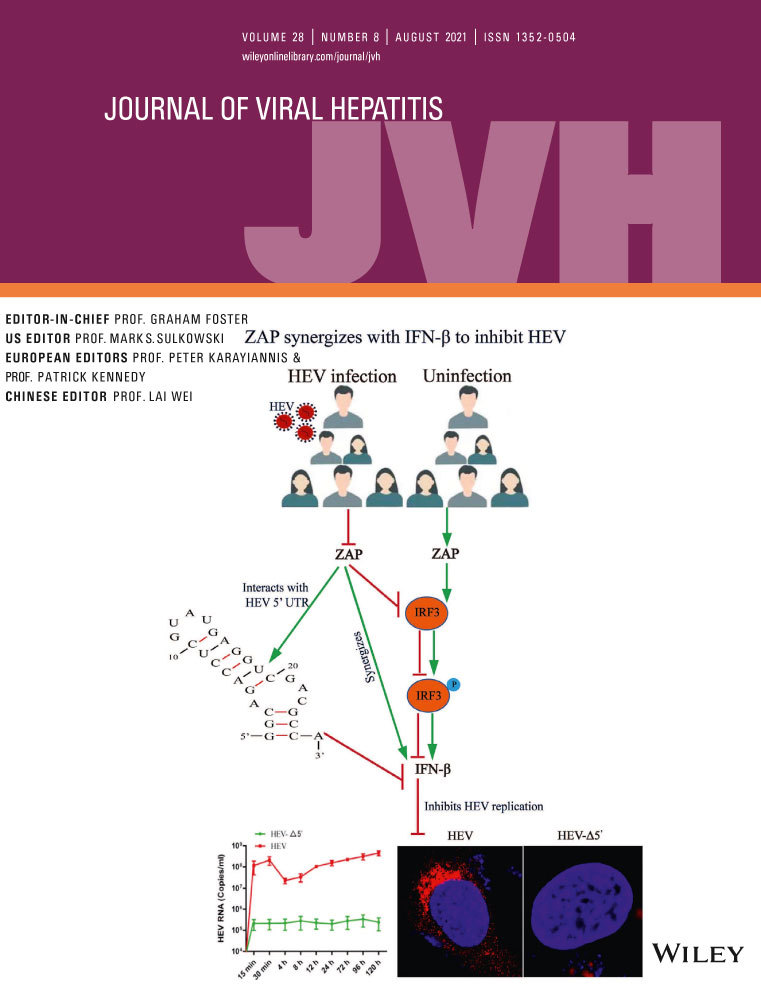Hepatitis B virus genome diversity in adolescents: Tenofovir disoproxil fumarate treatment effect and HBeAg serocon version
Christophe Combet and Neeru Bhardwaj should be considered joint first author.
Funding information
These studies were funded by Gilead Sciences, Inc
Abstract
More systematic analysis of hepatitis B virus (HBV) genome diversity, linked with tenofovir disoproxil fumarate (TDF) treatment and HBeAg seroconversion, are needed. GS-US-174–0115 was a double-blind, placebo-controlled, Phase 3, 192-week clinical trial that evaluated TDF in adolescents with chronic hepatitis B (CHB). HBV full-genome deep sequencing was performed using Illumina MiSeq at baseline (BL; n = 85), Week 8 (W8; n = 80), Week 72 (W72; PBO only, n = 42), and treatment-free follow-up (TDF only, n = 25). The viral diversity was calculated using Shannon entropy and population nucleotide diversity with a 2% variant cutoff. Our data showed (i) a higher viral diversity in the X region at baseline than the core/polymerase/surface regions, (ii) higher core/surface viral diversity at baseline for patients with seroconversion, (iii) an expected reduction in viral diversity after 8 weeks of TDF treatment, and (iv) a drop in viral diversity at W72 for patients receiving placebo with a seroconversion (n = 7). The higher viral diversity in X was associated with higher baseline alanine aminotransferase (ALT) levels (p < .001). Patients with greater reduction of diversity at W8 of TDF treatment had higher baseline ALT levels. For placebo patients who seroconverted, the drop in viral diversity at W72 (p = .04) coincided with reduction of serum HBV DNA (average change from baseline = −4.10 log10 copies/ml) and unique combinations of variants were enriched in a patient's viral population post seroconversion. The basal core promoter (BCP) variants, A1762T and G1764A, and the pC variant, G1896A, were most often enriched at or after seroconversion.
CONFLICT OF INTEREST
F.Z. received research grants from ANRS, Beam Therapeutics, Evotec, Gilead Sc and Roche and received consultancy fees from Assembly, Aligos, Evotec, Gilead, GSK, Hepion, Myr Pharma and Roche. K.F.M received research grants from NIH/NIDDK and consultancy fees from Gilead and Albireo. N.B., C.H., O.P., A.G., H.M., E.S. were employees of Gilead at the time of the study. CC has no conflict to declare.
Open Research
DATA AVAILABILITY STATEMENT
The data that support the findings of this study are available on request from the corresponding author. The data are not publicly available due to privacy or ethical restrictions.




